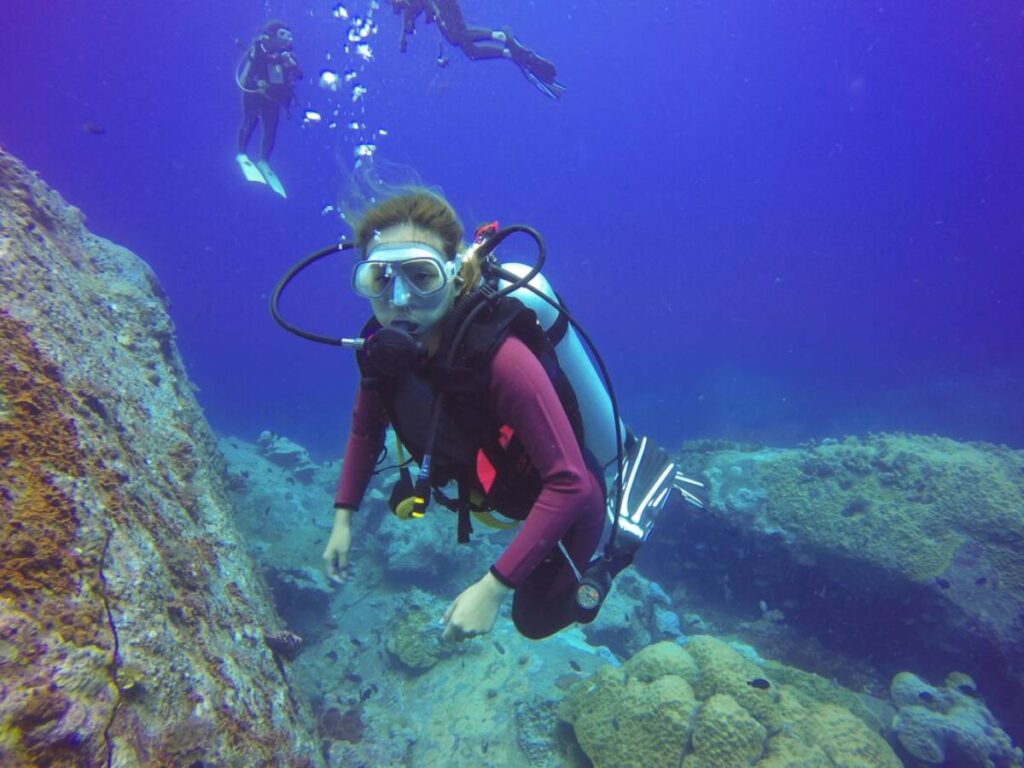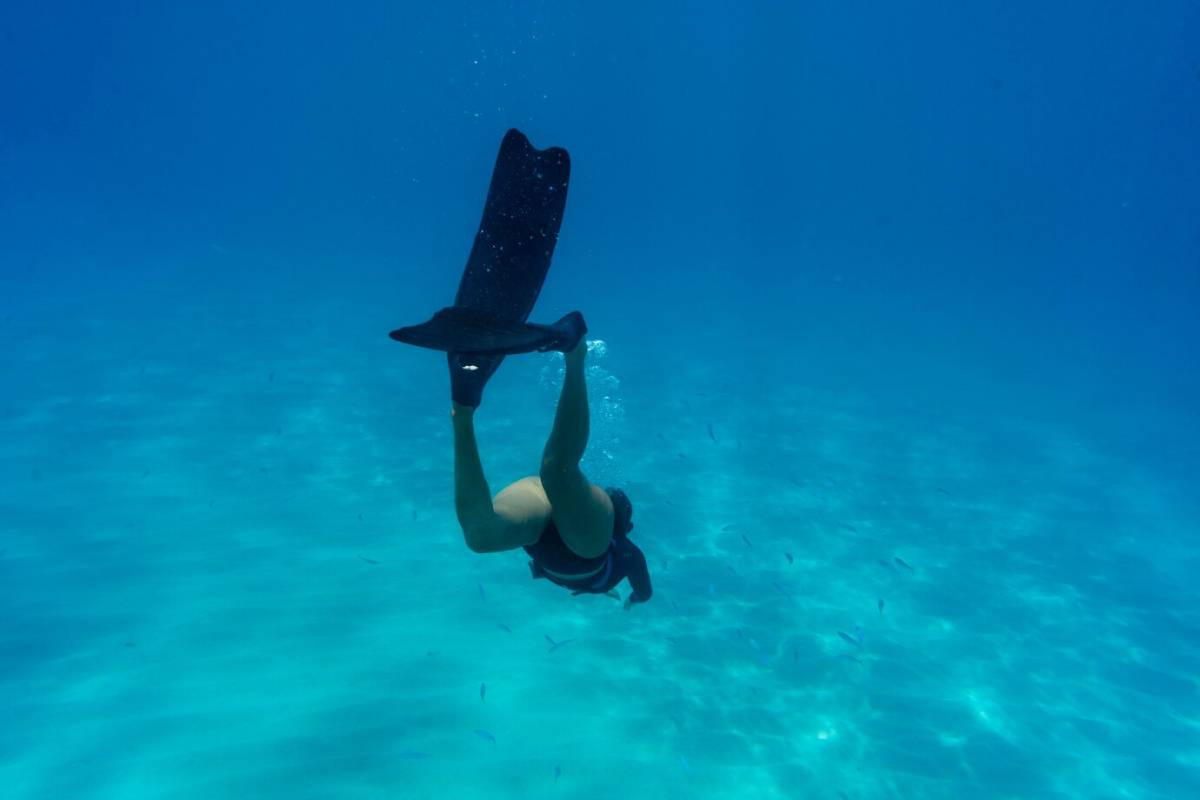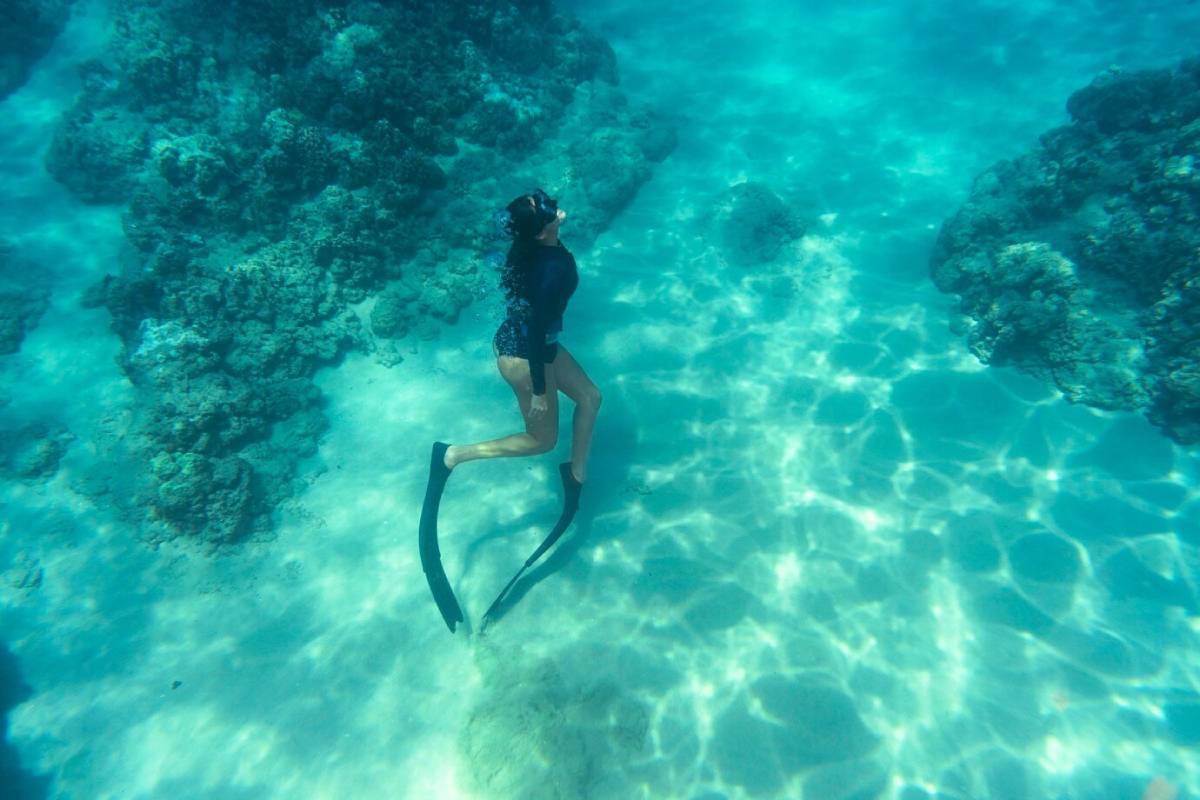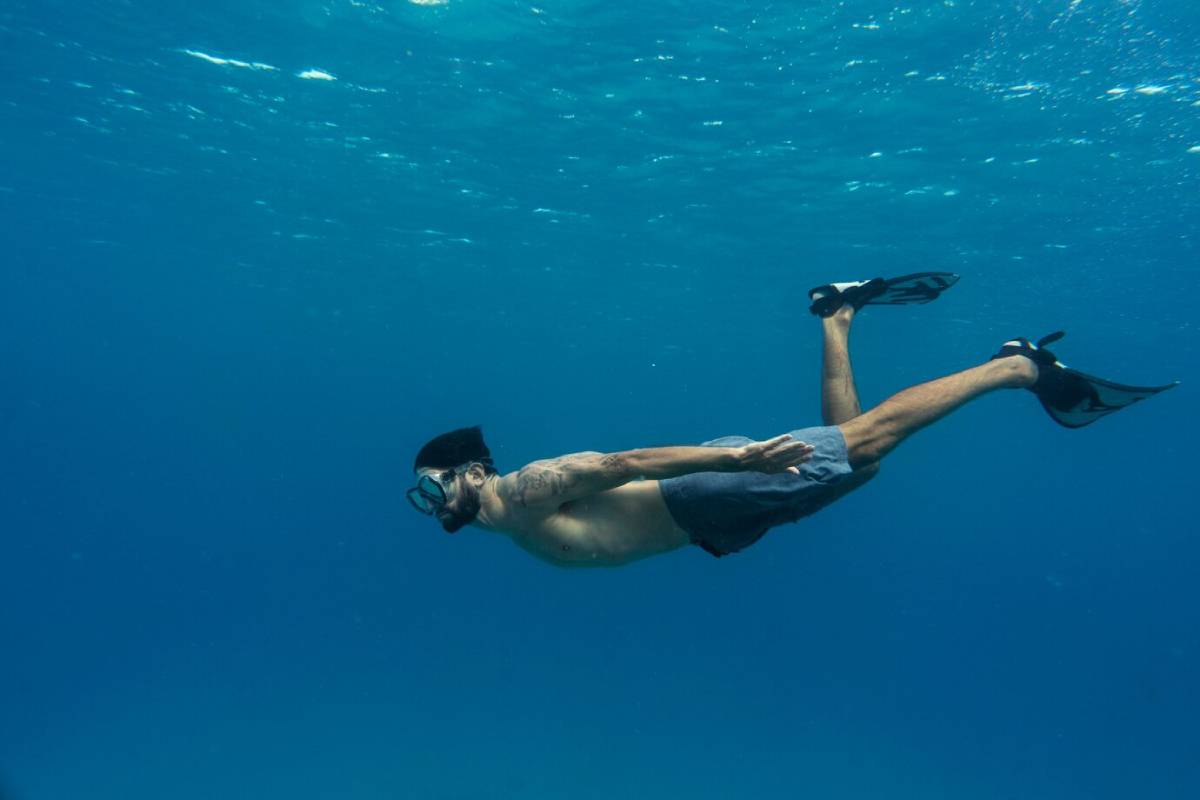Travel Blogs

Green Scuba Diving Practices
Scuba diving opens the door to an underwater world. It lets you explore coral reefs, swim beside turtles, and see marine life in its natural home. But as beautiful as these experiences are, they come with responsibility.
Sustainable diving means protecting the ocean while enjoying it. Every dive leaves an impact — even small ones. How you move, what you touch, and what you leave behind all matter.
This guide shares eco-friendly scuba tips. It also provides easy ways to support marine conservation while diving. Whether you’re a beginner or advanced diver, you can help protect the sea you love to explore.
Why Sustainability Matters in Scuba Diving

The ocean is under stress. Pollution, rising temperatures, overfishing, and careless tourism all threaten marine ecosystems.
Tourism, including diving, contributes to this. Coral reefs are fragile. Touching, kicking, or anchoring can destroy years of growth in seconds. Waste from boats or gear can damage wildlife.
But when diving is done with care, it can also raise awareness, support local economies, and fund conservation. Your role matters.
Before the Dive: Plan with Purpose
1. Choose a Green Dive Operator
Your choice of dive shop makes a big difference. Look for centres that follow sustainable practices and support marine life.
Look for operators who:
- Use mooring buoys instead of anchors
- Offer eco-briefings before dives
- Limit group sizes to reduce stress on reefs
- Hire local staff and support the community
- Are certified by eco-labels like Green Fins or PADI Eco Centre
Ask questions. Ethical businesses will be happy to explain their practices.
2. Bring Eco-Friendly Gear
Your gear matters too. Choose items made to last and with low impact in mind.
Recommended items:
- Reef-safe sunscreen (zinc-based, non-toxic to corals)
- Reusable water bottle and cloth towel
- Lightweight, reusable mesh bag for gear or trash
- Dive mask and fins made from recycled or biodegradable materials
- Wetsuits from sustainable brands or made with limestone neoprene
Avoid plastic packaging and single-use items when packing your dive bag.
Underwater: Dive with Awareness
3. Master Your Buoyancy
Good buoyancy control is the most important skill for sustainable diving. It helps you avoid touching, kicking, or crashing into coral or marine animals.
To improve buoyancy:
- Practise in calm water before diving deeper
- Adjust weights carefully for neutral balance
- Use breath control instead of kicking to stay level
- Avoid flapping arms or rapid movement
If you’re unsure, ask for a buoyancy check or refresher course.
4. Never Touch Marine Life

Touching marine animals or coral harms them more than you might think. Even gentle contact can cause stress or infection.
Always remember:
- Keep hands off coral, sand, and rocks
- Don’t chase or follow marine creatures
- Avoid feeding fish or attracting animals with bait
- Respect distance — observe, don’t interfere
Treat the sea like a gallery. Look, but don’t touch.
5. Control Your Equipment
Loose hoses, cameras, or fins can bump into fragile organisms. Check your setup before entering the water.
Tips:
- Tuck in hoses and straps
- Use clips to secure items
- Keep cameras close to your body
- Swim with slow, steady kicks
Control helps keep both you and the reef safe.
After the Dive: Keep It Green
6. Log and Share with Purpose
Diving isn’t just about the experience — it’s also a chance to support science and education.
You can:
- Record species seen in a logbook or app
- Report sightings of invasive species or coral bleaching
- Join citizen science projects like Reef Check or iNaturalist
- Share tips and facts with other divers
Use your dive to inform and inspire others.
7. Reduce Waste on Dive Days
Waste from lunches, drinks, or packaging often ends up in the sea. Plan ahead to avoid it.
Bring:
- Refillable water bottle
- Snacks in reusable containers
- Your own towel and sun protection
- Mesh bag to collect litter if found during a dive
Never throw anything overboard — even organic waste changes the ecosystem.
Supporting Conservation Beyond the Dive
8. Dive with Purpose
Some dive shops offer special programs that combine tourism with action.
Look for:
- Coral planting dives
- Marine clean-up projects
- Sea turtle or shark conservation experiences
- Educational sessions on local marine life
These not only make a difference but also deepen your knowledge.
9. Support Local and Sustainable Communities
Where you stay, eat, and shop has an impact too. Choose businesses that care about the ocean.
Ideas:
- Stay in eco-lodges or hostels with green policies
- Eat at restaurants that don’t serve endangered seafood
- Buy handmade souvenirs, not shells or coral
- Book tours run by local residents or Indigenous guides
Sustainable tourism helps protect both nature and culture.
Simple Eco-Friendly Scuba Tips for Every Diver
If you’re new to responsible diving, start with these small habits:
- Use your dive slate for notes — avoid pointing or touching
- Skip harsh chemicals in shampoos or detergents
- Join small groups instead of crowded dive boats
- Remove any plastic waste you see on the sea floor
- Speak up if you notice harmful practices on a dive
Every dive is a chance to do better.
Respecting Marine Protected Areas
Some areas are designated as Marine Protected Areas (MPAs) to aid fish, reefs, and ecosystems in their recovery. These areas often have special rules.
Follow them carefully. These places are sacred spaces of the sea. Respecting the rules keeps them healthy and open to all.
Mistakes to Avoid
Even well-meaning divers can cause harm.
Avoid these common problems:
- Standing or kneeling on coral
- Wearing gloves or gear that encourages touching
- Picking up shells, rocks, or sand
- Using flash photography on sensitive species
- Entering restricted zones or areas without guides
Always err on the side of caution. If unsure, ask your guide or instructor.
Real-Life Examples of Sustainable Diving
Koh Tao, Thailand
Many dive schools on this small island work on coral planting, monitoring marine life, and cleaning up beaches. Divers are trained to collect rubbish during regular dives.
Belize Barrier Reef
This protected site runs eco-tours that support reef health. Tourists help monitor reef changes, and part of the dive fee funds local conservation.
Great Barrier Reef, Australia
Certified eco-tour operators teach guests about reef ecology. They also collaborate with scientists to monitor coral health and track bleaching events.
These sites show that diving and conservation can go hand in hand.
The Bigger Picture: Protecting What You Love
The ocean is vast, but it’s not untouched. Every coral, fish, and sea grass bed is part of a delicate balance. And each diver has the power to protect it.
Marine conservation diving means thinking long-term. It means leaving every dive site better than you found it. It’s not about avoiding the water — it’s about diving with care and respect.
The more divers choose sustainability, the healthier the seas will be.
Dive In, Tread Lightly

Scuba diving brings you face to face with beauty few people see. But that beauty is fragile. Coral breaks, animals stress, and balance shifts with every careless move.
Use eco-friendly scuba tips and make small changes to protect the magic of diving.
Let the sea stay wild, clean, and full of life. Be the kind of diver who gives back — not just one who takes memories.









